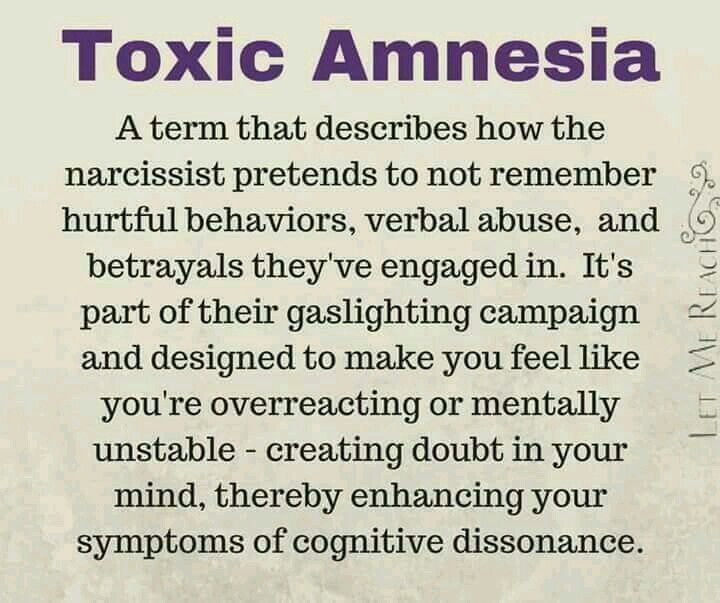Definition of narcissistic abuse
Signs and Symptoms of Narcissistic Abuse Syndrome
Nobody should have to live in an emotionally abusive relationship. Unfortunately, people who are narcissistic are often difficult to identify, particularly within the highest levels of wealth and social status. Living with a narcissistic partner can lead to a condition known as narcissistic abuse syndrome, in which a person’s self-confidence and mental health are adversely affected. In this article, we’ll outline the signs and symptoms of narcissistic abuse, focusing on the most affected among us – the wealthy and affluent. Anyone who has suffered through narcissistic abuse should seek high-end narcissistic abuse treatment.
WHAT IS NARCISSISTIC ABUSE?
Narcissistic abuse is a form of emotional abuse perpetrated by someone who suffers from narcissism or sociopathy. These individuals have a tendency – whether conscious or unconscious – to use words and language in manipulative ways to damage, alter, or otherwise control their partner’s behaviour.
While all narcissistic abuse generally falls under the description of ‘thought control’ or ‘emotional manipulation,’ there are several ways that narcissists tend to go about this. Some narcissists use manipulative techniques like gaslighting to confuse and disorient their partners so they become more susceptible to their demands and their abuse.
NARCISSISM IN THE WEALTHY AND AFFLUENT PEOPLE
WHY NARCISSISM IS MORE COMMON AMONG THE UPPER CLASS
One group of people that is particularly prone to narcissistic tendencies is wealthy people and those in the public spotlight. These are people who live in more privileged environments. They have well-paid staff waiting on them around-the-clock. They immediately draw everyone’s attention when they walk into a room. People are always trying to impress them.
It is, therefore, not unusual for wealthy or famous people to become self-centered, entitled, and narcissistic. The truth is that wealthy people can control their environment, and this ability to control often spills into personal relationships.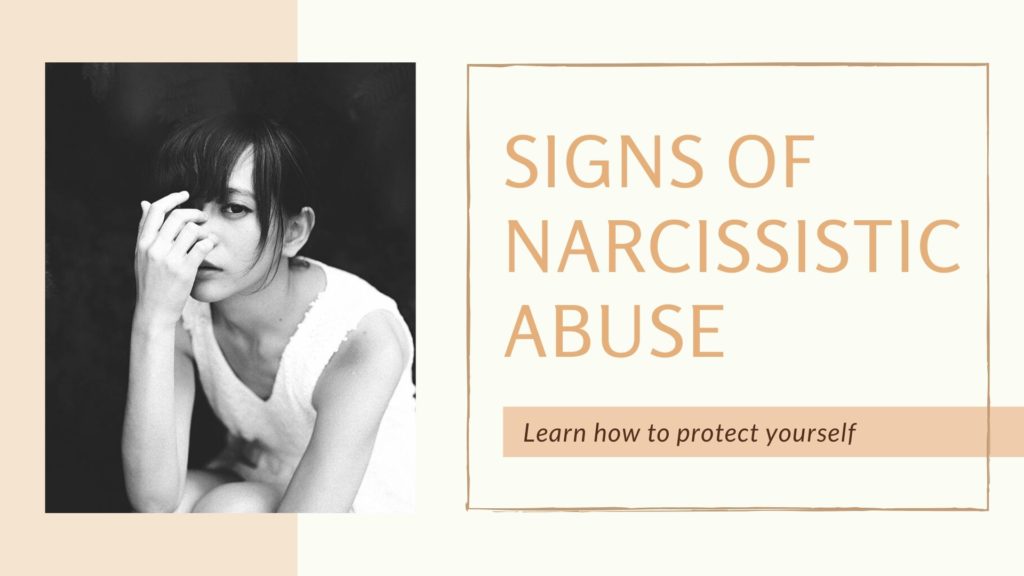 The environment they live in brings out whatever narcissistic tendencies they may have.
The environment they live in brings out whatever narcissistic tendencies they may have.
HOW NARCISSISM SHOWS UP IN THE WEALTHY AND AFFLUENT PEOPLE
It is easy to become swept up in the charms of a wealthy narcissist. At the beginning of a relationship, they will often shower a partner with attention and affection, often buying expensive gifts or taking them on holidays, making them feel like they’re the most important person in the world. However, when the person is a narcissist, this love doesn’t come from a good place. In fact, a narcissist will often look for a particular type of person as a target when scouting for partners. They want to find someone they can easily exploit, for example, someone who is not very self-confident. They’ll even play the victim to gain your sympathy, talking about how tough life has been for them or how badly they were treated in the past. Gradually, however, the affection is replaced with behaviors like gaslighting. It can start with an occasional snide comment or outright lie, and ramp up from there.
Partners of wealthy narcissists can start to feel they’re losing their minds. One minute their partner is complimenting them and the next they’re accusatory. Narcissists are very good at being charming when they have an outside audience, showing their true colors only in the privacy of the home, and very skillfully shifting the blame on you.
WHAT ARE THE CHALLENGES OF BEING A PARTNER OF A WEALTHY NARCISSIST
If you are the partner of a wealthy narcissist, you can feel quite alone without understanding why. Wealthy women being abused by rich narcissistic husbands can be incredibly lonely. Your partner may be popular and loved in society, but in your private relationship they may have a narcissistic personality. What’s more, like many victims of narcissistic abuse, you may not realize that the way you’re being treated is not okay. It can be hard to recognize the abuse and even harder to open up about it. At an exclusive, private treatment center, you can talk about your deepest thoughts and emotions in complete confidentiality.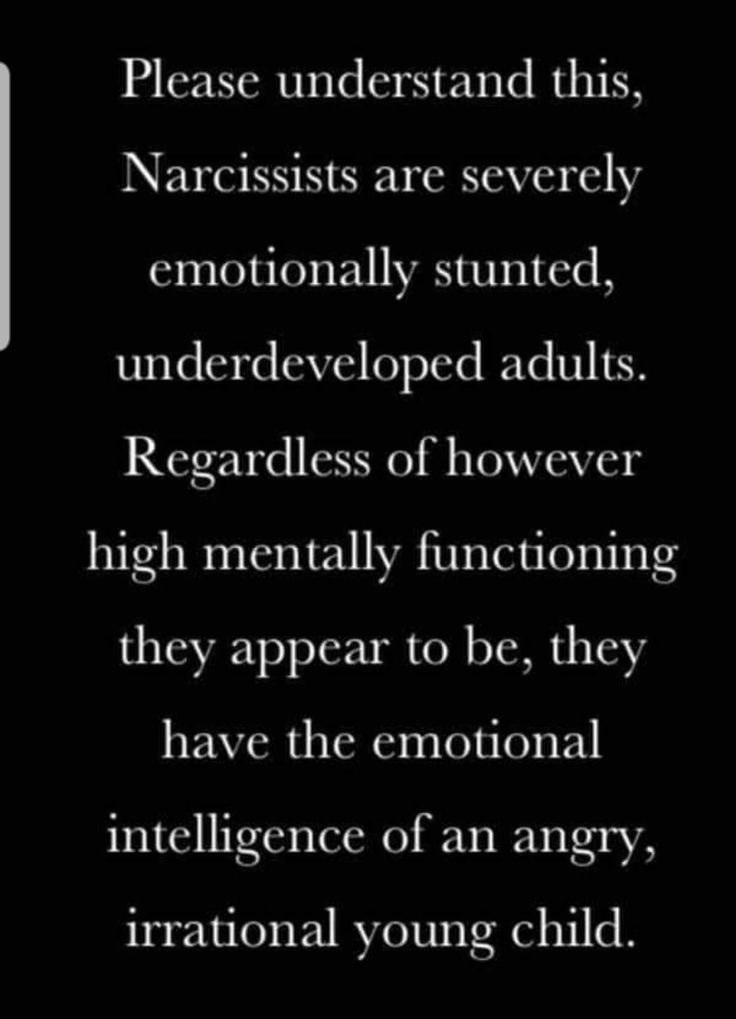 In the right environment, a team of specialists can help you make sense of what is going on, why someone you love is treating you badly, and what you can do about it.
In the right environment, a team of specialists can help you make sense of what is going on, why someone you love is treating you badly, and what you can do about it.
If you’re not sure whether your partner is subjecting you to narcissistic abuse, keep reading and learn how to identify the red flags.
WHAT IS NARCISSISTIC ABUSE SYNDROME?
Narcissistic abuse syndrome is a condition that occurs when a person has been living with or spending a significant amount of time with a narcissist.
People who are struggling with narcissistic abuse syndrome often doubt their own self-worth or sanity. They are usually very concerned about their flaws, failures, and other shortcomings – regardless of whether or not these issues are real. In many cases, they are simply ideas that were planted in their mind by their narcissistic partner.
Those struggling with narcissistic abuse syndrome often have a hard time identifying with reality. Since their minds will be so distorted and confused from the constant abuse and emotional manipulation, they may begin to question what they know to be real.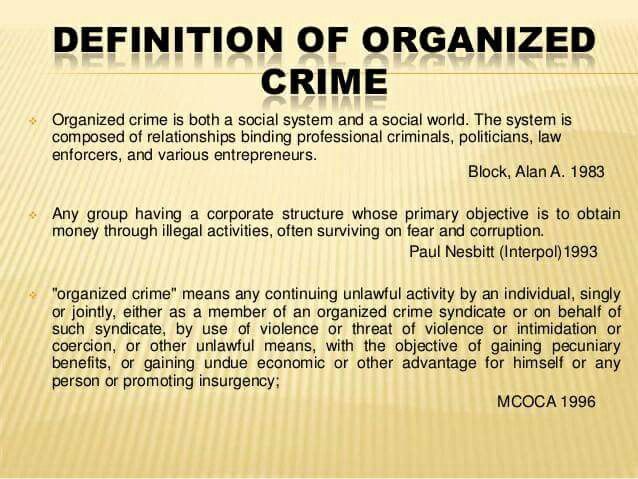
There are a number of symptoms that can affect someone who is struggling with narcissistic abuse syndrome. Many of these symptoms mimic those that are seen in people struggling with post-traumatic stress disorder, or PTSD, a condition that affects people who have lived through serious traumas. Some of these symptoms can include:
- Intrusive, invasive, or otherwise unwanted thoughts
- Triggers, which are physical or emotional responses to situations that are similar or reminiscent to traumatic situations
- Flashbacks – recurring instances in which the individual feels like they’re reliving a traumatic experience
- Avoiding people, places or situations associated with the narcissistic individual
- Feeling isolated, alone, or detached from others
- Feeling extremely alert or vigilant all the time
All of these symptoms can manifest as a result of the narcissist’s tendency to take some sense of satisfaction in invalidating, damaging, or hurting the other individual.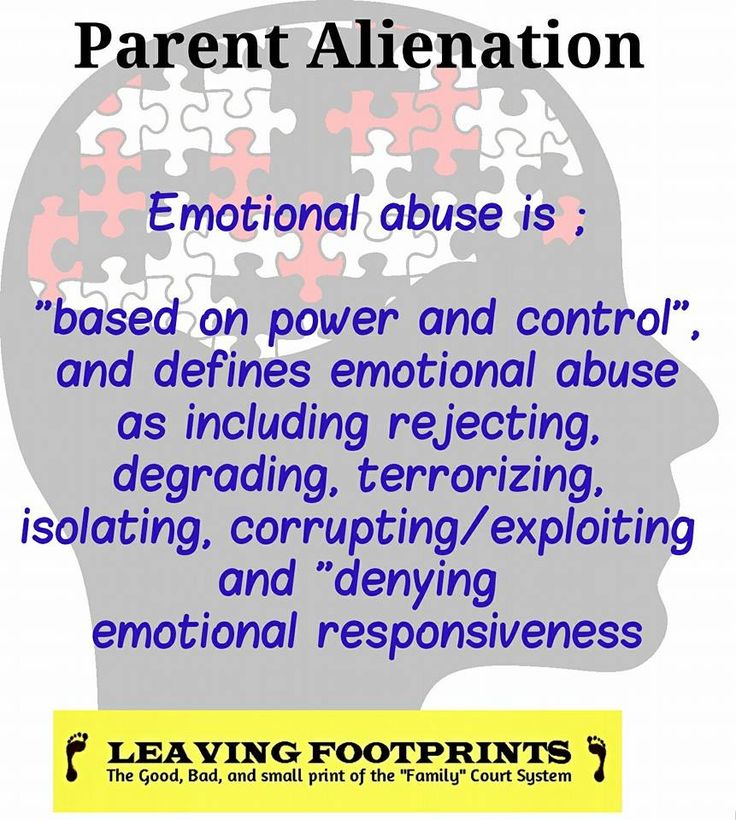
HOW TO SPOT THE WARNING SIGNS?
While the above symptoms may be easy for a narcissistic abuse survivor to observe, not everyone who is being affected by a narcissist may be willing or able to see them. In fact, many of the people who seek help after being hurt by a narcissist tend to approach a counselor hoping to improve themselves. They are often made to feel so ashamed, insecure, or delusional that they seek help for themselves instead of pointing out the problems of their partner.
Narcissistic abuse can also sometimes be observed in codependent relationships. Narcissists are able to create a relationship with others in which they are dependent upon the narcissist. Strangely, the narcissist tends to be equally as dependent on the other individual – they require them as an outlet for their emotional abuse. Putting themselves above another person makes the narcissist feel good.
If you think that someone might be struggling with narcissistic abuse syndrome, these are some of the signs you might be able to spot:
- They say that they feel insane and often question themselves
- They lose trust in those close to them, such as family or friends
- They feel that the narcissistic person is the only person who deems them worthy
- They’re often feeling insecure or ashamed of their work or creativity
- They have developed self-doubt
- They have begun to lose their self-control, always doing what the narcissist wants them to
- They hold the narcissist in high esteem
If you think that you or someone that you love is struggling with narcissistic abuse syndrome, it’s important that you seek help.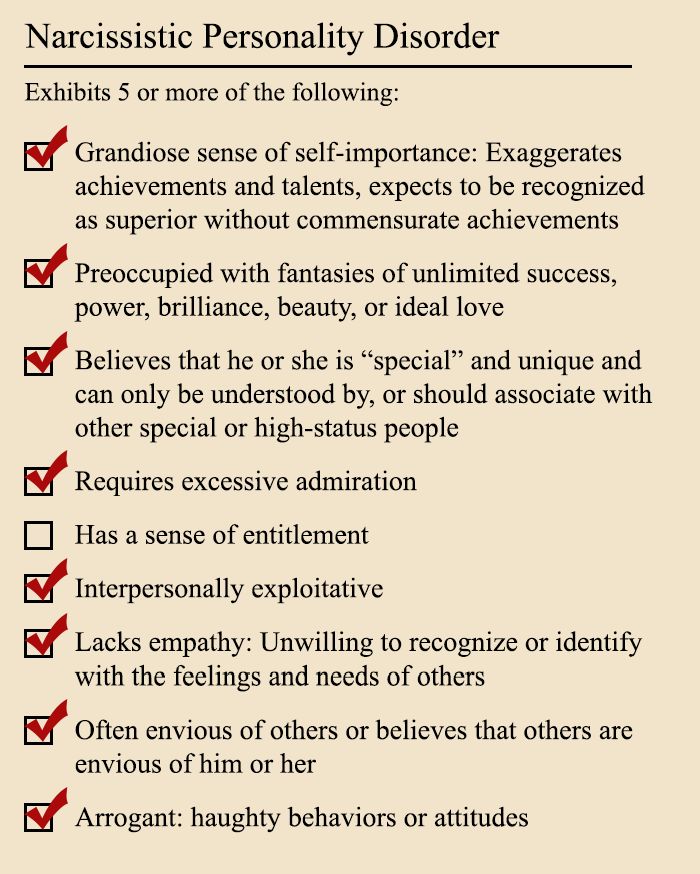 Not only should you make a conscious effort to put the narcissist out of the picture, but you should seek some treatment. We have a comprehensive treatment approach for people from wealthy and affluent environments to help them recover from narcissistic abuse syndrome. Our exclusive treatment center is ideal for people who value confidentiality and privacy.
Not only should you make a conscious effort to put the narcissist out of the picture, but you should seek some treatment. We have a comprehensive treatment approach for people from wealthy and affluent environments to help them recover from narcissistic abuse syndrome. Our exclusive treatment center is ideal for people who value confidentiality and privacy.
The narcissistic abuse syndrome treatment price for this luxury rehab reflects the high-quality care that we offer. Good luck and have a safe journey to recovery.
25 Signs of Narcissistic Abuse
Skip to contentPublished: May 19, 2022 Updated: November 10, 2022
Published: 05/19/2022 Updated: 11/10/2022
Narcissists are the masters of manipulation and disguise. If you are in a relationship with a narcissist or have encountered one in your lifetime, chances are you have experienced or witnessed some of their toxic behavior. Narcissistic abuse can be subtle and often worsens over time. The abuse may be emotional, psychological, financial, sexual, or physical.
Recovering from narcissistic abuse is not something you have to do alone. BetterHelp has over 20,000 licensed therapists who provide convenient and affordable online therapy. BetterHelp starts at $60 per week. Complete a brief questionnaire and get matched with the right therapist for you.
Choosing Therapy partners with leading mental health companies and is compensated for referrals by BetterHelp
Visit BetterHelp
What Is Narcissistic Abuse?
Narcissistic abuse typically involves emotional abuse in the form of put-downs, accusations, criticism, or threats. A narcissist may gaslight you or contradict you in front of others. Withholding money, the silent treatment, isolation, and lying about you to others are other narcissistic manipulative techniques in their toolbox. The end goal of a narcissist is to control their victim’s behavior into maintaining their supply.
Victims of narcissistic abuse have been reported to experience symptoms similar to PTSD, known informally as narcissistic abuse syndrome.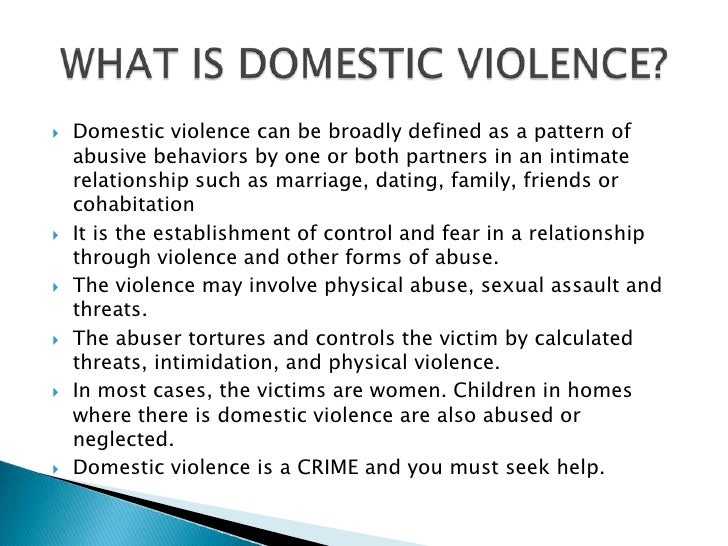 Symptoms include intrusive, invasive, or unwanted thoughts, flashbacks, avoidance, feelings of loneliness, isolation, and feeling extremely alert. Being placed in a similar situation may trigger the victim physically or emotionally.
Symptoms include intrusive, invasive, or unwanted thoughts, flashbacks, avoidance, feelings of loneliness, isolation, and feeling extremely alert. Being placed in a similar situation may trigger the victim physically or emotionally.
Narcissists have an arsenal of tactics to destroy their partner’s reality and confidence to gain or keep control over the relationship or marriage. They may make you feel like you’re crazy, making it less likely that you will reach out to family and friends for help. A narcissist may use emotional, mental, physical, financial, spiritual, or sexual forms of abuse.
Here are 25 signs of narcissistic abuse:
1. Gaslighting
Gaslighting is the intentional act of making you distrust your views of reality or believe that you’re mentally unstable using specific targeted phrases to make you feel this way. Here are a few signs you are being gaslighted:
- You no longer feel like the person you used to be
- You feel like everything you do is wrong
- You always think it’s your fault when things go wrong
- You feel more anxious and less confident than you used to be
- You often wonder if you’re being too sensitive
- You often question whether your response to your partner is appropriate
- You’re apologizing often
- You have a sense that something’s wrong, but aren’t able to identify what it is
- You make excuses for your partner’s behavior
2.
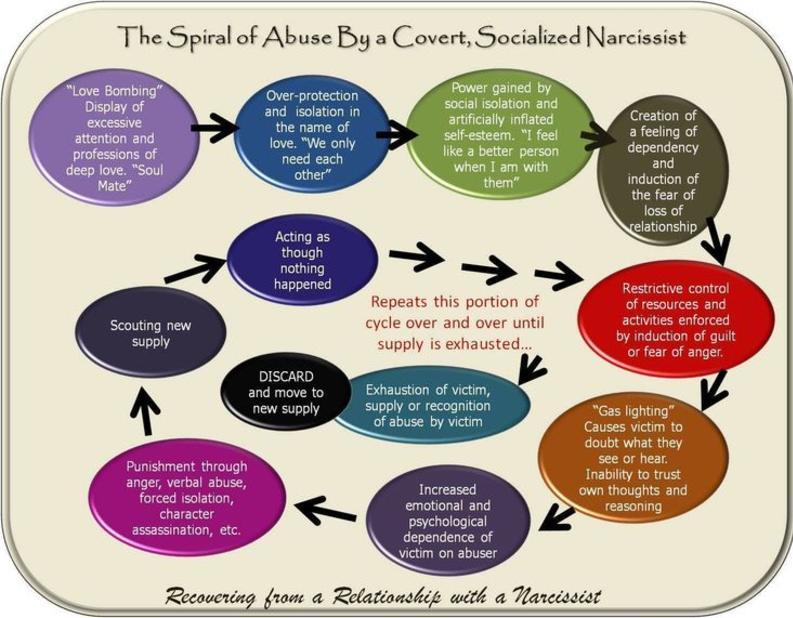 Emotional Abuse
Emotional AbuseEmotional abuse could include accusing, belittling, blaming, bullying, criticizing, demanding, ordering, raging, sarcasm, shaming, or threatening.
3. Projection
Projection involves dumping their issues onto their victim instead of taking any blame. For instance, a narcissistic abuser may accuse their partner of lying when they have lied (this is sometimes referred to as “Deny, attack, reverse victim & offender“). Or they make a partner feel guilty when they’ve done nothing wrong. This creates confusion.
4. Twisting
When a narcissist is confronted, they will twist it around to blame their victims for their actions. They will not accept responsibility for their behavior and insist that their victim apologize to them.
5. Lack of Empathy
The lack of empathy or ability to feel and express emotions is the major reason why a narcissist’s relationships fail. In a healthy relationship, both partners care for each other’s well-being.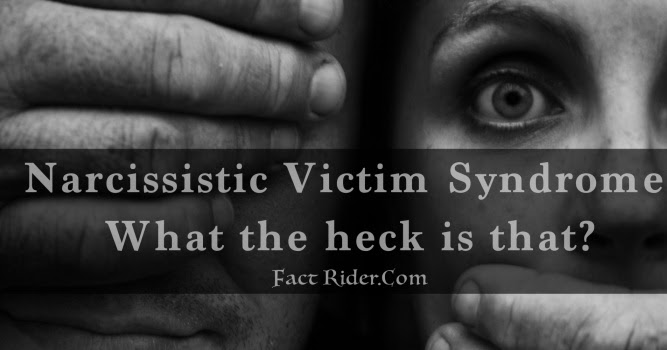 In a narcissistic relationship, the non-narcissistic partner will not feel cared for and will show signs of sadness and loneliness.
In a narcissistic relationship, the non-narcissistic partner will not feel cared for and will show signs of sadness and loneliness.
6. Lying
Persistent deception to avoid responsibility or to achieve the narcissist’s own ends.
7. Silent Treatment
Narcissists punish by ignoring. Then they let their victim “off the hook” by demanding an apology even if they weren’t to blame. A narcissist may also have a history of cutting others out of their life permanently over small things.
8. Sabotage
Disruptive interference with your endeavors or relationships for the purpose of revenge or personal advantage.
9. Grandiosity & Overstating Their Own Importance
A narcissist’s grandiose sense of self-importance leaves no time or space for their partner or anyone else, leaving their partner feeling alone in the relationship.
10. Emotional Blackmail
Emotional blackmail is another form of manipulation to make you feel fear, guilt, or doubt.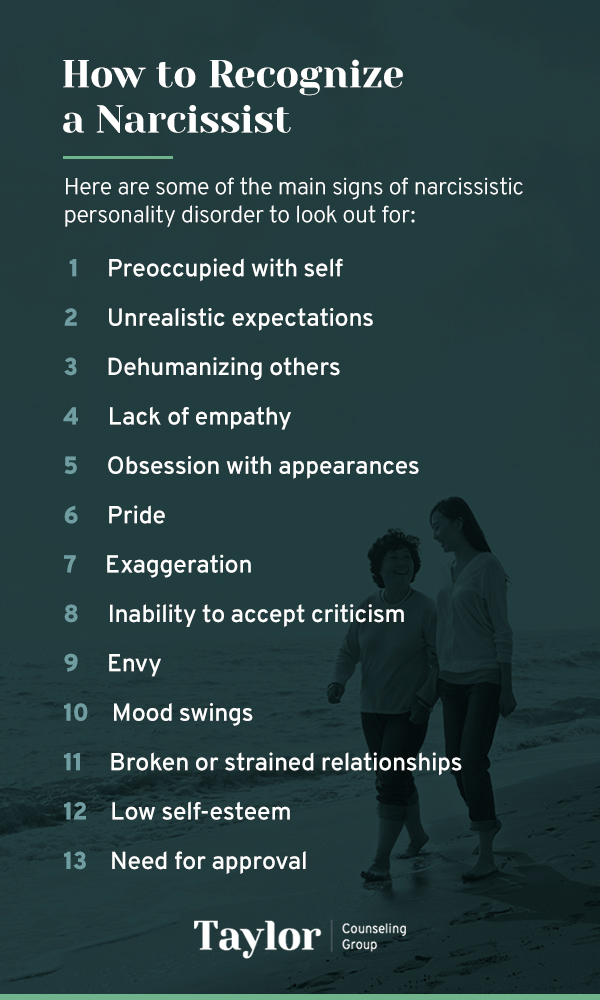 They may use anger, intimidation, threats, warnings, or punishment to keep you in line.
They may use anger, intimidation, threats, warnings, or punishment to keep you in line.
11. Making Everything a Competition
One-upping to always be on top, sometimes through unethical means, such as cheating in a game.
12. Love Bombing
Love bombing involves demonstrating attention and affection in an attempt to influence someone. It can cause internal conflict and confusion to the narcissist’s partner.
13. Financial Abuse
Financial abuse might include controlling you through economic domination or draining your finances through extortion, theft, manipulation, or gambling, or by accruing debt in your name or selling your personal property.
14. Privacy Invasion
Ignoring your boundaries by looking through your things, phone, or mail; denying your physical privacy or stalking or following you; ignoring your request for privacy.
15. Arrogant & Superior Attitude
Narcissists are incapable of connecting with other people’s feelings, causing their partner to feel unheard or ignored in the relationship.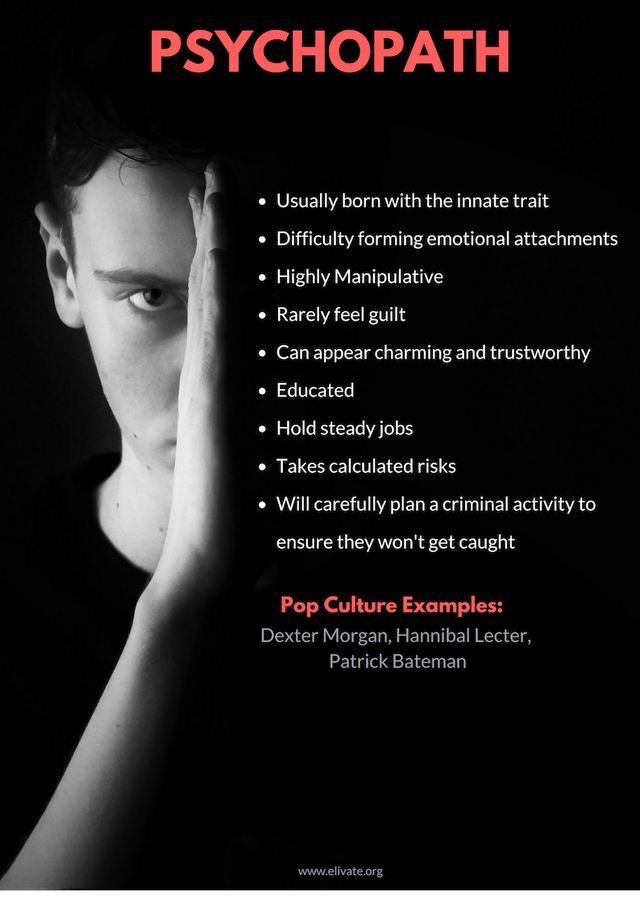 Over time, you will learn to not express your feelings or share the things that are happening in your life.
Over time, you will learn to not express your feelings or share the things that are happening in your life.
16. Character Assassination or Slander
Spreading malicious gossip or lies about you to other people.
17. Negative Contrasting
Unnecessarily making comparisons to put you in a negative light, pitting you against the narcissist or other people.
18. Sense of Entitlement
Narcissists expect to receive special treatment. If you do not bow to their every wish or demand, they will act out. You may receive the “cold shoulder” or “silent treatment,” or be met with name calling or physical abuse.
19. Withholding
This may include withholding such things as money, sex, communication, or affection from you.
20. Manipulative Behavior
Narcissists are the masters of emotional manipulation. They will try to control your thoughts and desires. Making future promises and emotional blackmail are two forms of manipulation but gaslighting is most common. Manipulation causes confusion, low self-esteem, anxiety, shame, and guilt. You may also be manipulated to stay home, not go to work, engage in sexual acts, or spend money on the narcissist.
Manipulation causes confusion, low self-esteem, anxiety, shame, and guilt. You may also be manipulated to stay home, not go to work, engage in sexual acts, or spend money on the narcissist.
21. Playing the Victim Card
When all else fails, the narcissist resorts to playing the victim card. This is designed to gain sympathy and further control behavior.
22. Ignoring Your Achievements
Talking about your achievements will trigger a narcissist’s insecurities and jealousy. They will escape the topic by cutting you off or changing the conversation. They will talk negatively behind your back or make up lies to discredit you and your accomplishments.
23. Hoovering
This term is used to describe a narcissist “sucking” someone back into a relationship, usually after a round of silent treatment.
24. Hogging the Conversation
Narcissists love to talk about themselves. They will embellish and flat-out lie to make themselves look better than others or inflate their accomplishments.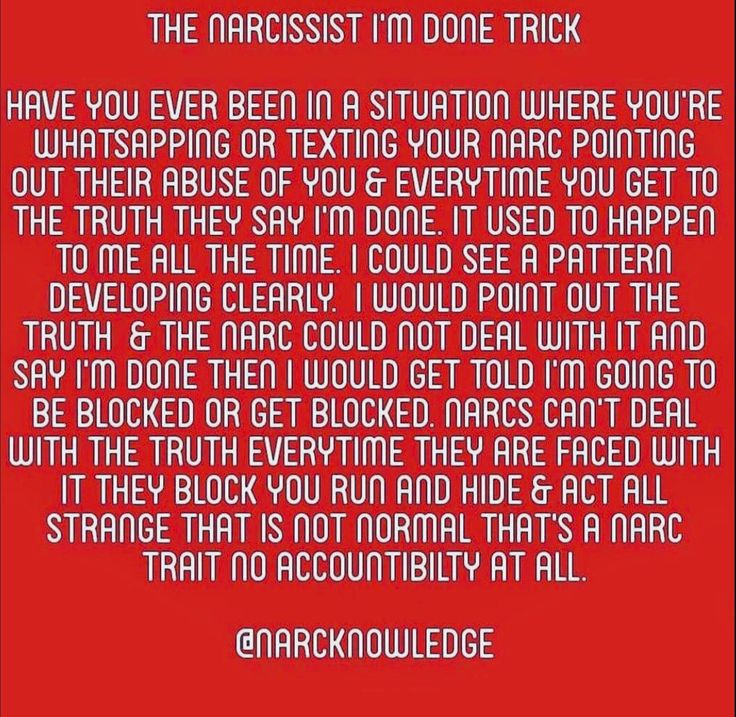 There is no room to talk about your accomplishments, nor do they care about them in the first place.
There is no room to talk about your accomplishments, nor do they care about them in the first place.
25. Exploitation
People in their life are viewed as objects to meet the narcissist’s needs. They will take advantage of others without guilt or shame. They do not think about how their actions affect others, leaving their victims feeling unloved and uncared for.
Help For Narcissistic Abuse
Individual Therapy – Get personalized help with recovering from narcissistic abuse from a licensed therapist. BetterHelp offers online sessions by video or text. Try BetterHelp
Support Groups – You are not alone in dealing with a narcissist. Sesh offers over 100 different support groups per month, with at least once a week focused on narcissism. First Month Free
Books On Narcissism – See our handpicked selection of Narcissism Books List
Choosing Therapy partners with leading mental health companies and is compensated for referrals by BetterHelp and Sesh.
The Cycle of Narcissistic Abuse
The narcissistic abuse cycle is a pattern of highs and lows in which the narcissist confuses their partner through manipulation and calculated behaviors aimed at making their partner question themselves. Each phase in the cycle works in tandem with the other in order to keep someone entangled in the narcissist’s web.
Narcissists tend to deflect all their feelings onto others because of the pain they feel about their own feelings. They too may have had narcissist caregivers or parents, or experienced some kind of abuse or traumatic event which shaped their upbringing. However, this is not an excuse for the emotional and/or physical abuse inflicted on their victims.
Effects of Narcissistic Abuse
Narcissistic abuse has both short and long-term effects no matter how long or short the involvement. This type of control and manipulation is slow, subtle, and deliberate. While narcissistic abuse syndrome is not a diagnosable disorder, the symptoms of the emotional pain can leave you feeling disconnected and confused.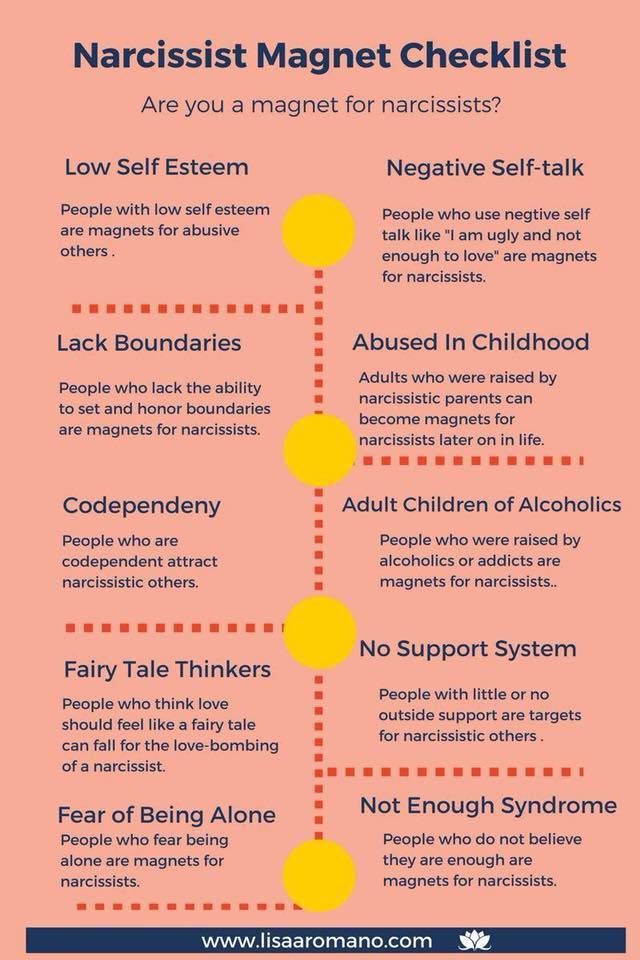
Narcissistic abuse is a form of trauma, and the body internalizes and reacts to stress and trauma in many ways. You may experience body aches, headaches, and digestive problems from feeling on edge. In addition to stress on the body, the brain is affected too.
You may experience a wide range of issues after surviving narcissistic abuse, including:
- Cognitive difficulties including confusion, hypervigilance, or intrusive thoughts
- Behavioral issues including withdrawal, increase in alcohol or substance consumption, or a change in communication
- Emotional problems like fear, guilt, or irritability
- Depression
- Anxiety
Exiting a Relationship With a Narcissist
You can never please a narcissist. You cannot make them happy because they are not happy with themselves. It is often best to end the relationship for your own mental health.
Exiting a relationship with a narcissist can be challenging. At the end of a relationship, they may beg, make promises to change, lavish you with expensive gifts, or profess their undying love for you. But know that a narcissist never changes—they only get better at their craft. Remind yourself that you deserve better and are worthy of love.
At the end of a relationship, they may beg, make promises to change, lavish you with expensive gifts, or profess their undying love for you. But know that a narcissist never changes—they only get better at their craft. Remind yourself that you deserve better and are worthy of love.
Healing From Narcissistic Abuse
Healing from narcissistic abuse can be a long road to recovery, but you can heal and live a full happy life. Finding a therapist who is experienced in dealing with trauma can be the best place to start. If you are unable to leave the relationship, a therapist can help you learn to set boundaries and communicate effectively with the narcissist to reduce the pain and suffering of the relationship.
A counselor or therapist can help you:
- Work through denial, guilt and shame.
- Process the grief of ending the relationship
- Challenge your negative thoughts and feelings
- Deal with depression, anxiety, or other mental health symptoms
- Reclaim your identity
- Forgive yourself
- Understand your feelings
- Build new coping skills
- Tell others about the abuse
- Fight the urge to contact or get back with the abuser
- Overcome self-harming behaviors or thoughts of suicide
Additional Resources
Education is just the first step on our path to improved mental health and emotional wellness.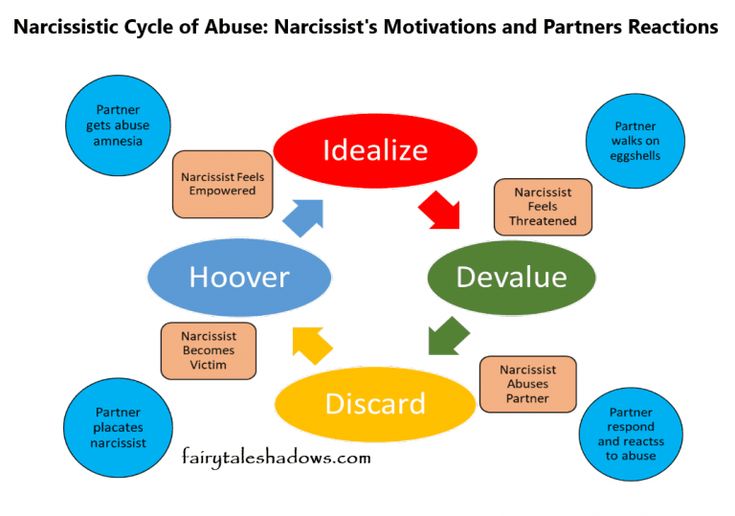 To help our readers take the next step in their journey, Choosing Therapy has partnered with leaders in mental health and wellness. Choosing Therapy may be compensated for referrals by the companies mentioned below.
To help our readers take the next step in their journey, Choosing Therapy has partnered with leaders in mental health and wellness. Choosing Therapy may be compensated for referrals by the companies mentioned below.
BetterHelp (Online Therapy) – BetterHelp has over 20,000 licensed therapists who provide convenient and affordable online therapy. BetterHelp starts at $60 per week. Complete a brief questionnaire and get matched with the right therapist for you. Get Started
Online-Therapy.com – The Online-Therapy.com standard plan includes a weekly 45 minute video session, unlimited text messaging between sessions, and self-guided activities like journaling. Recently, they added Yoga videos. Get Started
Mindfulness.com (App) – Mindfulness and meditation can change your life. In a few minutes a day with Mindfulness.com, you can start developing mindfulness and meditation skills. Free Trial
Choosing Therapy’s Directory – Find an experienced therapist who is committed to your wellbeing.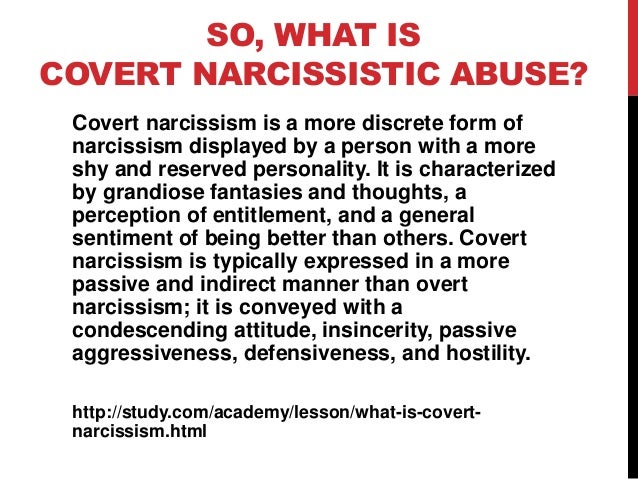 You can search for a therapist by specialty, availability, insurance, and affordability. Therapist profiles and introductory videos provide insight into the therapist’s personality so you find the right fit. Find a therapist today.
You can search for a therapist by specialty, availability, insurance, and affordability. Therapist profiles and introductory videos provide insight into the therapist’s personality so you find the right fit. Find a therapist today.
Choosing Therapy partners with leading mental health companies and is compensated for referrals by BetterHelp, Online-Therapy.com, and Mindfulness.com
5 sources
Choosing Therapy strives to provide our readers with mental health content that is accurate and actionable. We have high standards for what can be cited within our articles. Acceptable sources include government agencies, universities and colleges, scholarly journals, industry and professional associations, and other high-integrity sources of mental health journalism. Learn more by reviewing our full editorial policy.
-
American Psychiatric Association. (2013). The diagnostic and statistical manual of mental disorders, 5th edition. Arlington, VA: American Psychiatric Association.
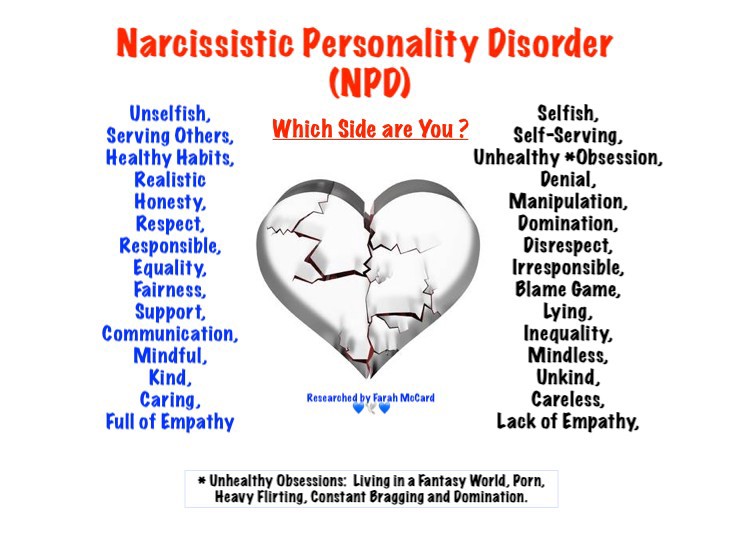
-
Howard V. (2019). Recognising narcissistic abuse and the implications for mental health practice. DOI: 10.1080/01612840.2019.1590485
-
Jack C. (2020). The day you discover you’re a victim of narcissistic abuse.
psychologytoday.com/us/blog/women-autism-spectrum-disorder/202003/the-day-you-discover-youre-victim-narcissistic-abuse -
Lancer D. (2017). How to spot narcissistic abuse.
psychologytoday.com/us/blog/toxic-relationships/201709/how-spot-narcissistic-abuse -
Narcissism and abuse. (2016).
https://www.thehotline.org/resources/narcissism-and-abuse/
update history
We regularly update the articles on ChoosingTherapy.com to ensure we continue to reflect scientific consensus on the topics we cover, to incorporate new research into our articles, and to better answer our audience’s questions. When our content undergoes a significant revision, we summarize the changes that were made and the date on which they occurred.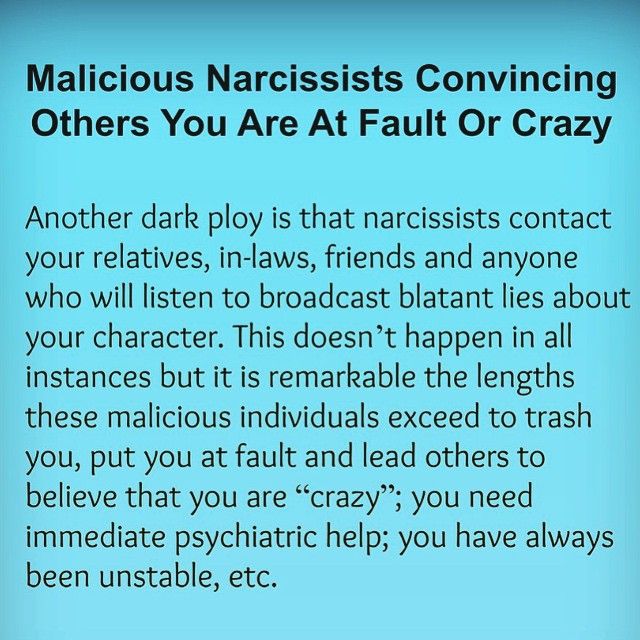 We also record the authors and medical reviewers who contributed to previous versions of the article. Read more about our editorial policies here.
We also record the authors and medical reviewers who contributed to previous versions of the article. Read more about our editorial policies here.
-
Originally Published: December 4, 2020
Original Author: Nakpangi Thomas, PhD, LPC, TITC-CT
Original Reviewer: Dena Westphalen, PharmD -
Updated: May 19, 2022
Author: No Change
Reviewer: No Change
Primary Changes: Updated for readability and clarity. Reviewed and added relevant resources. Added “The Cycle of Narcissistic Abuse.” New material written by Silvi Saxena, MBA, MSW, LSW, CCTP, OSW-C and reviewed by Dena Westphalen, PharmD.
If you are in need of immediate medical help:
Medical
Emergency
911
Suicide Hotline
800-273-8255
Narcissistic Abuse: 16 Dangerous Harbingers
Contrary to popular belief, narcissists don't really love themselves.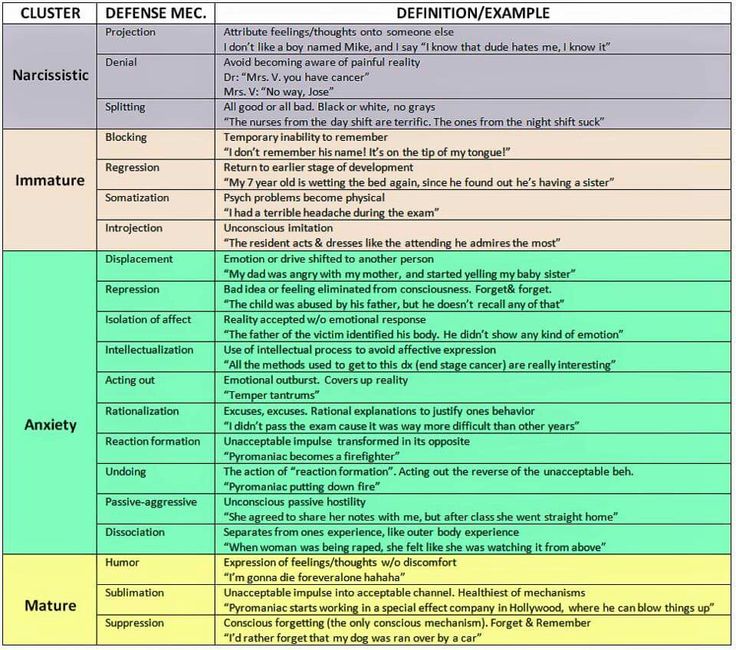 In fact, all their actions are explained by the desire to hide a sense of shame. We can say that they are driven by shame.
In fact, all their actions are explained by the desire to hide a sense of shame. We can say that they are driven by shame.
They once created an idealized image of themselves that they expect others to admire. But deep down, narcissists constantly feel this gap between the real "I" and the fictional image. So every day they try to somehow fill this void. To fill this gap, narcissists resort to destructive defense mechanisms that hurt loved ones.
Many of their coping mechanisms are offensive to other people. This is where the specific term "narcissistic violence" comes from.
However, one must clearly distinguish between narcissists and people who have a tendency to offend. For example, individuals suffering from other mental illnesses (bipolar disorders, sociopathy, etc.), drug addicts can also abuse people, but they are not narcissists.
If you are a victim of bullying, there are three steps you need to take:
1. Make sure that insults are taking place.
2. Create your own support system.
3. Learn to protect yourself.
What is narcissistic abuse?
Abuse can be emotional, mental, physical, financial, spiritual or sexual. Here are a few good examples that will help you understand this issue:
• Verbal abuse. They include humiliation, accusation, shame, demand, order, threat, criticism, sarcasm, resistance, blocking. Please note that many people periodically resort to such actions. However, with the narcissist, this practice is constant.
• Manipulation. The narcissist indirectly influences someone to achieve their goals. He acts like a wolf in sheep's clothing. At first, it seems to us that his words are harmless. But at the end of the conversation, humiliation and even hidden aggression and hostility are clearly felt.
• Emotional blackmail. It includes threat, anger, warning, intimidation or punishment. This is a form of manipulation that causes doubt in the victim.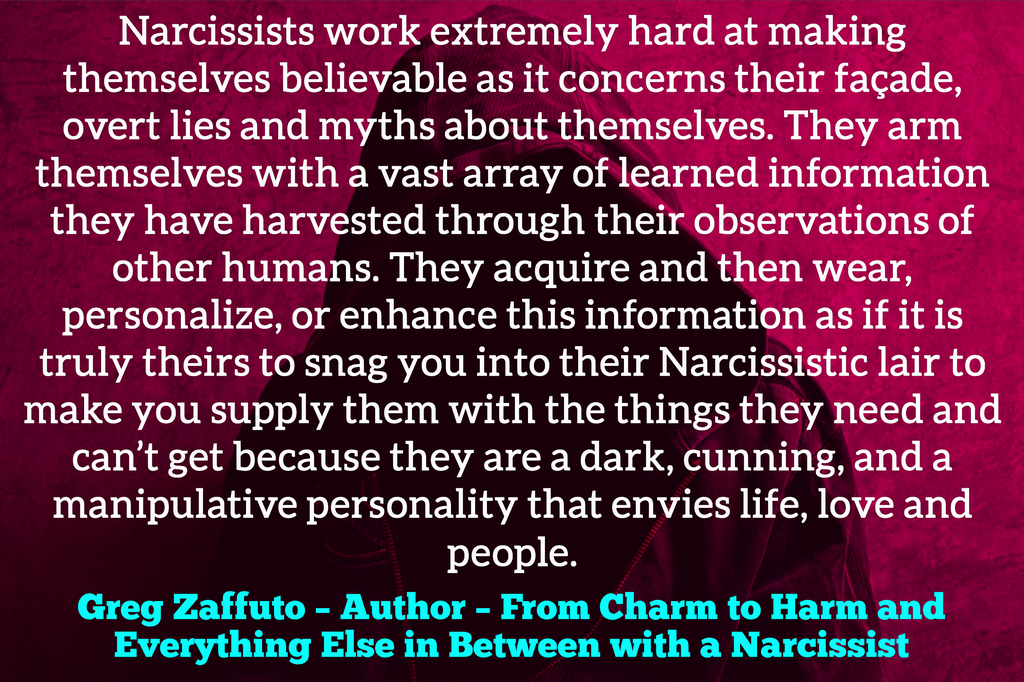 She feels fear, obligation and guilt. Her feelings seem to be in a fog, she cannot express them and interpret them correctly.
She feels fear, obligation and guilt. Her feelings seem to be in a fog, she cannot express them and interpret them correctly.
• Deliberate provocation. The narcissist deliberately behaves in such a way that the interlocutor turns out to be abnormal, and not himself. To do this, he resorts to many different tricks: for example, casually mentions being overweight, and then says that he was joking that the interlocutor reacts too violently to this news.
• Competition. He always tries to hurt the opponent in order to force him to enter into a tacit game. For the sake of victory, the narcissist will do anything, even cheating.
• A game of contrast. He specifically compares a person with someone else, emphasizing the superiority of the latter.
• Sabotage. He interferes in your affairs and relationships in order to bring chaos and discord into them and to obtain personal gain.
• Exploitation and objectification.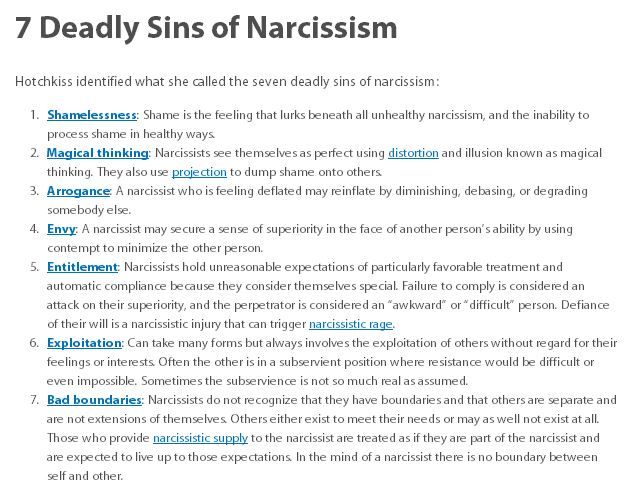 He uses other people to achieve his goals, while not taking into account other people's desires and feelings.
He uses other people to achieve his goals, while not taking into account other people's desires and feelings.
• False. He resorts to deceit to avoid punishment and responsibility for his own mistakes.
• Retention (concealment). He deliberately hides money from a loved one, manipulates sexual relationships, sets the tone for communication and plays on affection.
• Neglect. Usually the narcissist neglects the needs of the child for whom he is responsible.
• Invasion of private property. He does not respect personal boundaries, takes your phone without asking, sits on your page on a social network, reads your mail. At the same time, he completely ignores requests for non-interference in personal life.
• Libel. He spreads gossip, tells false details about you to other people.
• Violence. It includes a variety of forms: from damage to your property, ending with a fight and emotional abuse.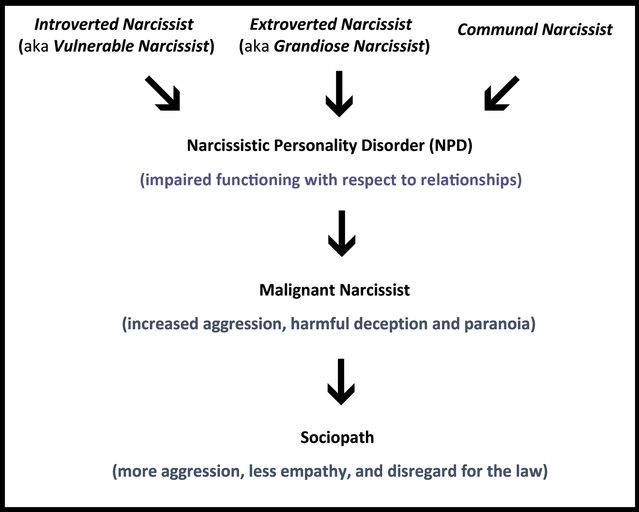
• Financial claims. He controls your income, extorts money from you through manipulation, maybe even steals.
• Insulation. He forbids you to communicate with anyone other than himself, trying to maintain control and status of authority.
Narcissism manifests itself in many ways. It can range from ignoring your desires to violent aggression. As a rule, narcissists do not take responsibility for their own actions, always shifting the blame to the one they offended. They justify it by saying that the person provoked them.
Narcissists and sociopaths
There is a concept of "malignant narcissism". People suffering from this mental illness have a heightened level of self-love, a complete absence of disturbing guilt, and they are extremely hostile. Some people even show sadistic tendencies, that is, they feel pleasure from inflicting pain on another person. Their behavior is antisocial, and the resulting paranoia only adds fuel to the fire.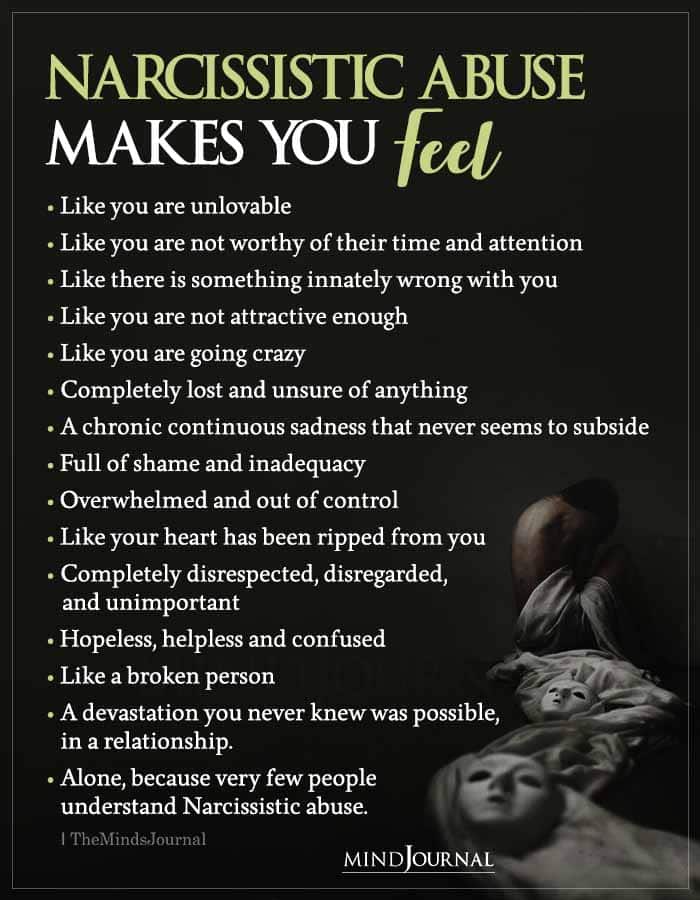
Malignant narcissism can resemble sociopathy. However, they are distinguished, first of all, by motives. The narcissist maintains the image he has created, while the sociopath constantly changes masks to fit the situation. Sociopaths do not attach to people, unlike narcissists. The latter do not want to be abandoned, they literally depend on relationships.
Only a person with adequate self-esteem can fight a narcissist. It will help you set boundaries and improve communication.
Text: Flytothesky.ru
Share this post with your friends!
90,000 Narcassic violence - Frwiki.wiki Narcissical abuse of is, in psychoanalysis, the term that occurred at the end of XX - , centuries and became more important at the beginning of XXI - centuries 9014 of from - 9014 for the work of Alice Miller and others by neo-Freudians, rejecting psychoanalysis because it is considered analogous to toxic pedagogy.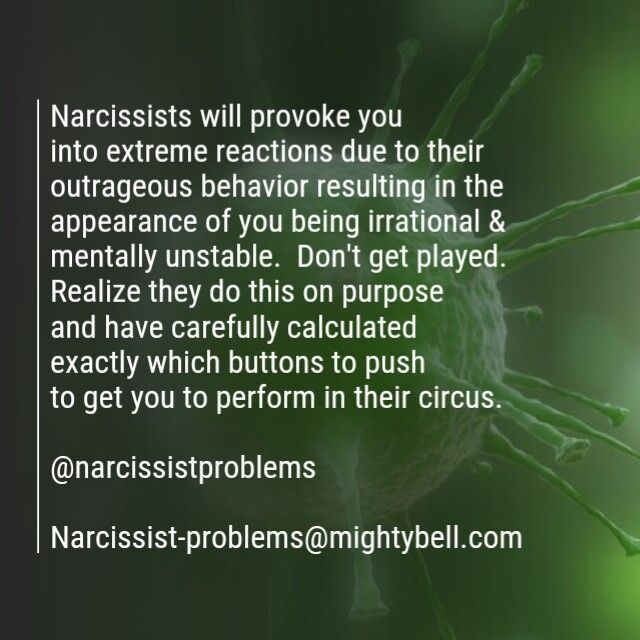
Alice Miller used the term narcissistic abuse to refer to a special form of psychological abuse by narcissistic parents towards children, that is, parents who need their child to satisfy their own needs and feelings in order to evaluate themselves socially, which is narcissistic violence. The term has also been used more broadly to refer to forms of violence in social relationships by narcissists.
Self-help culture currently suggests that someone who was abused by narcissistic parents as a child is likely to struggle with codependency issues as an adult. An adult who is or has been in a relationship with a narcissist likely does not know what constitutes a "normal" relationship.
Summary
- 1 child rearing
- 1.1 Pioneers: Ferenczi
- 1.2 Kohut, Horney & Miller
- 1.3 Advanced developments of
- 2 Adult relationships
- 3 See also
- 4 links
- 5 Further reading
Child education
Pioneers: Ferenczi
The roots of the discovery of narcissistic violence can be traced back to the work of Sandor Ferenczi.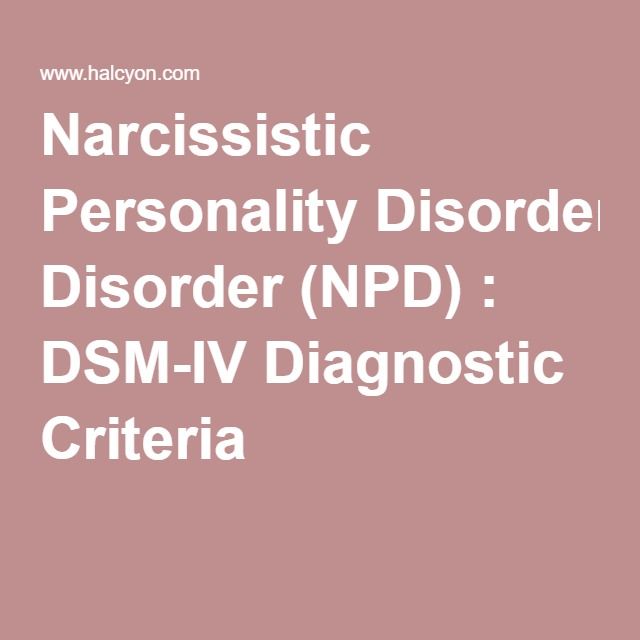
In his seminal article, "Language Confusion Between Adult and Child," Ferenczi argues that "the mother can act as a full-time nurse, a surrogate mother in effect, lamenting her suffering and completely disregarding the best interests of the child. Child." In these distorted patterns of parent-child interaction, Ferenczi believed that the teacher's silence and hypocrisy were the most traumatic aspects of abuse, and ultimately led to what he called "narcissistic mortification".
Ferenczi also explored these distortions in the therapist-patient relationship, accusing himself of sadistic (and implicitly narcissistic) abuse of his patients.
Kohut, Horney and Miller
Half a century later, in Kohut after "normal narcissism", the concept of the normal narcissistic ability arrived. According to Kohut, the mother's inability to perform the Self- object's narcissistic functions, the "mirror image" function, causes narcissistic disorder. A father's failure could lead to the same result: Kohut explored, for example, a son's figurative reproaches towards his father, who was preoccupied with his own self-improvement and therefore refused to respond to his son's originality.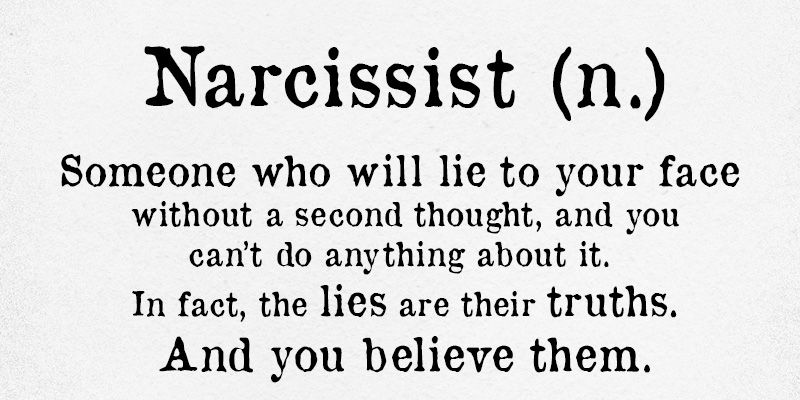
Karen Horney has already identified a disorder (especially the compulsive desire for love and power) that can result from a childhood dominated by parental and violent narcissism. He initiated the work of Alice Miller and others in this field.
Alice Miller emphasizes the reproductive process of narcissistic abuse, the idea that romantic relationships and relationships with children repeat past narcissistic distortions. Miller's early work was in the same vein as Kohut's regarding empathy and the reflection of deficits, with an emphasis on how adults themselves perpetuate the narcissistic anger of their early years in a cycle between generations. According to Miller, when a child is narcissistically abused for an adult's needs, he can develop an amazing ability to perceive and intuitively, unconsciously respond to that need and thus take on the role that has been unconsciously assigned to him.
Advanced Developments
Miller's work, emphasizing the real interaction between parent and child, challenged the Freudian concept of Oedipus by upholding the moral and educational foundations of the therapeutic industry; she did it at a time when "abuse" was invariably the "key word" of the 80s.
Over time (and controversy arose), a lighter version of the notion of narcissistic abuse gradually permeated much of the psychotherapeutic culture.
- In XXI - m century, transactional analysis identified patients who suffer narcissistic abuse as children (which is a developing trauma), considering, for example, a boy in a house where there is, than women who survived by developing strong emotional antennas to meet the emotional needs of mother and sister.
- Post-Jungians have explored the effects of severe narcissistic trauma caused by parental lack of empathy. In particular, Polly Young-Eisendrath points out how mothers' (or fathers') narcissistic pursuits of fame are reflected in their children, with disastrous results for both mother and child if both lose their way. Ability for autonomous development.
- Object relations theory emphasizes that the most traumatic experience is the absence of an emotional gift from a mother or father, and that in the intergenerational model, people raised by authoritarian and tyrannical parents will often be parents who raise their children in the same way.
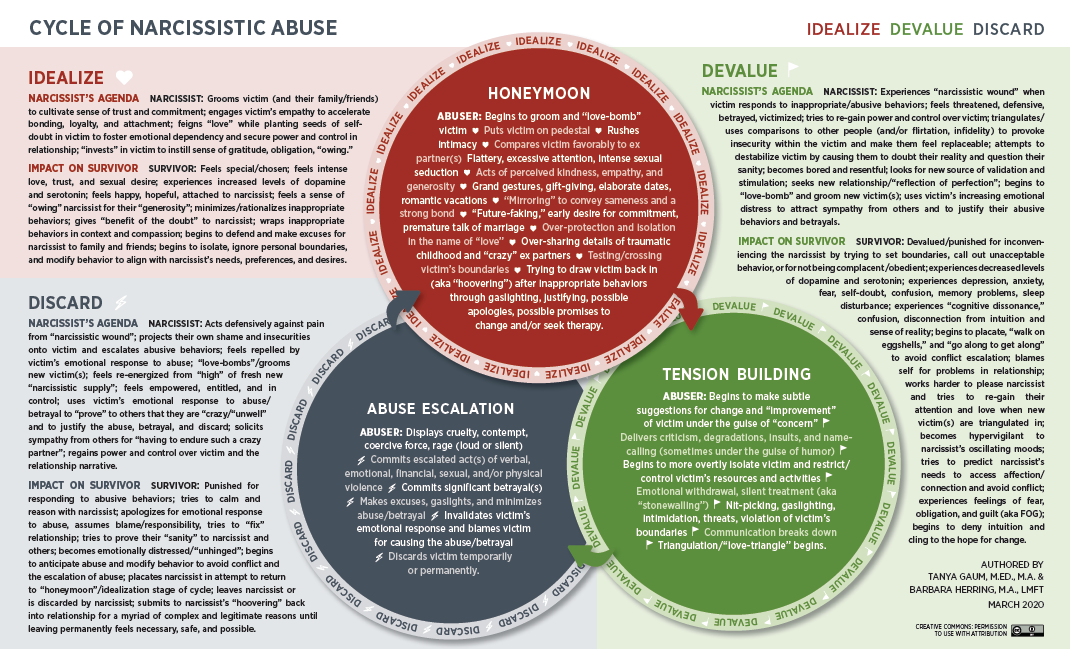 Adam Phillips adds that a mother who interferes in her child's life and suppresses his independence creates in him, often unconsciously, an endless desire for revenge.
Adam Phillips adds that a mother who interferes in her child's life and suppresses his independence creates in him, often unconsciously, an endless desire for revenge. - Julia Kristeva emphasizes how the combination of overprotective and anxious mothers and fathers who chose the child as a narcissistic prosthesis and left it as a reminder reinforces its omnipotent tendencies.
- Mr. Scott Peck recognized the milder but nonetheless destructive forms of parental narcissism, as well as the depth of possible confusion caused by maternal narcissism in its most severe cases.
- This term also appeared in the context of parental alienation syndrome, in situations where, as a result of role reversal, the child becomes like a “living antidepressant”, filling the emotional void of the alienating parent: as a result, the parent clings to his own. the child is like a drowning man.
In the 2009 Complete Dictionary of Psychoanalysis, this term occurs only in connection with the misuse of the couch for narcissistic gain; some patients and therapists view him as a "status symbol" of narcissistic abuse.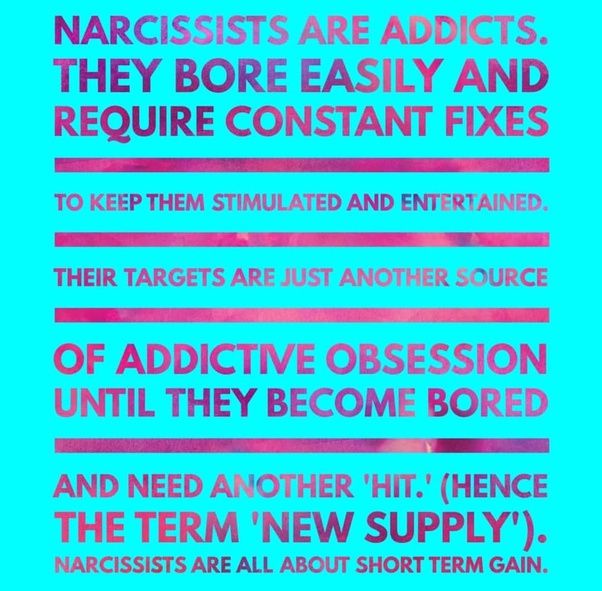
Adult relationships
Narcissistic abuse can also occur in adult relationships when the narcissistic person seeks to find a successful (independent, educated and attractive) and empathetic partner in order to gain admiration for their qualities (narcissistic support). The narcissist creates an aggressor-victim relationship dynamic through a series of abuses resulting from a traumatic romance; the relationship becomes more and more violent, and it will be difficult for the partner to leave.
Codependents may voluntarily seek relationships with narcissists.
Relationships of narcissists are characterized by a period of intense commitment and idealization of their partner, followed by devaluation and rapid rejection of the partner. At the beginning of a relationship with a narcissist, the partner is shown as the narcissist's ideal self, which includes pseudo-empathy, kindness, and charm. Once a partner enters into a relationship (for example, through marriage or a business partnership), the true self of the narcissist begins to emerge.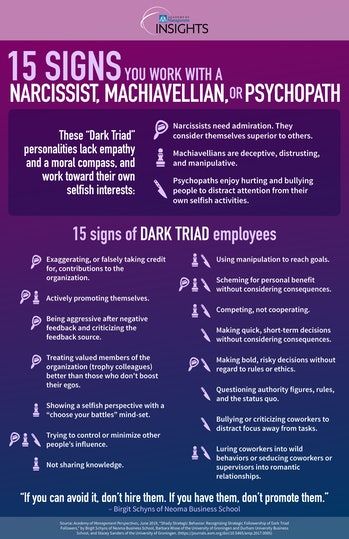 The initial narcissistic abuse begins with derogatory comments and builds up contemptuously, ignoring behavior, adultery, sabotage, and sometimes physical abuse. The narcissist is actually made up of a combination of self-esteem and low self-esteem. His sense of inferiority is projected onto the victim. If a narcissistic person does not feel attractive, they will belittle their romantic partner's appearance. If the narcissist makes a mistake, that mistake becomes the partner's mistake. Narcissists also act insidiously, manipulatively, making remarks about the victim that actually broadcast their own behavior and thoughts (gaslighting). Any criticism of the narcissist, no matter how minor, real or imagined, often triggers narcissistic rage. This can take the form of screaming rants or silent sabotage (preparing traps, spreading rumors, etc.). The rejection phase can be quick and occurs when the narcissistic offer is received elsewhere. In romantic relationships, the narcissistic source can be obtained through romance.
The initial narcissistic abuse begins with derogatory comments and builds up contemptuously, ignoring behavior, adultery, sabotage, and sometimes physical abuse. The narcissist is actually made up of a combination of self-esteem and low self-esteem. His sense of inferiority is projected onto the victim. If a narcissistic person does not feel attractive, they will belittle their romantic partner's appearance. If the narcissist makes a mistake, that mistake becomes the partner's mistake. Narcissists also act insidiously, manipulatively, making remarks about the victim that actually broadcast their own behavior and thoughts (gaslighting). Any criticism of the narcissist, no matter how minor, real or imagined, often triggers narcissistic rage. This can take the form of screaming rants or silent sabotage (preparing traps, spreading rumors, etc.). The rejection phase can be quick and occurs when the narcissistic offer is received elsewhere. In romantic relationships, the narcissistic source can be obtained through romance.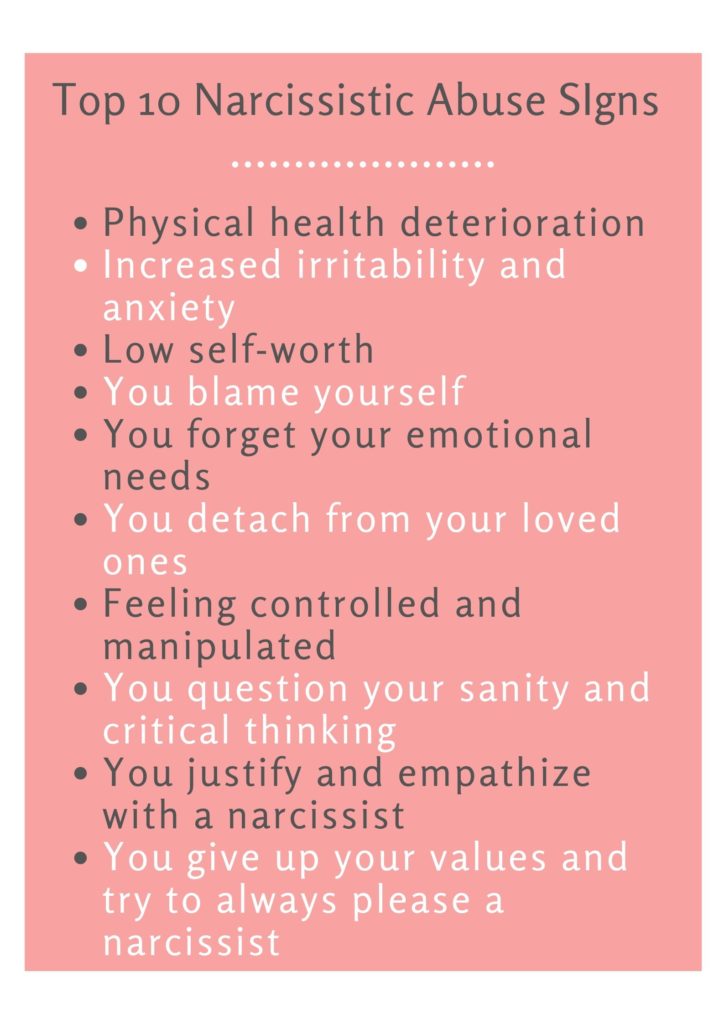 The new partner is in the idealization phase, so the cycle of narcissistic abuse begins again. Narcissists do not take responsibility for relationship difficulties and show no remorse. Rather, they see themselves as the victim in the relationship. 9Ferenczi, "Confusion", in JM Masson, Freud: The Assault on Truth (London 1984) p. 293-4
The new partner is in the idealization phase, so the cycle of narcissistic abuse begins again. Narcissists do not take responsibility for relationship difficulties and show no remorse. Rather, they see themselves as the victim in the relationship. 9Ferenczi, "Confusion", in JM Masson, Freud: The Assault on Truth (London 1984) p. 293-4
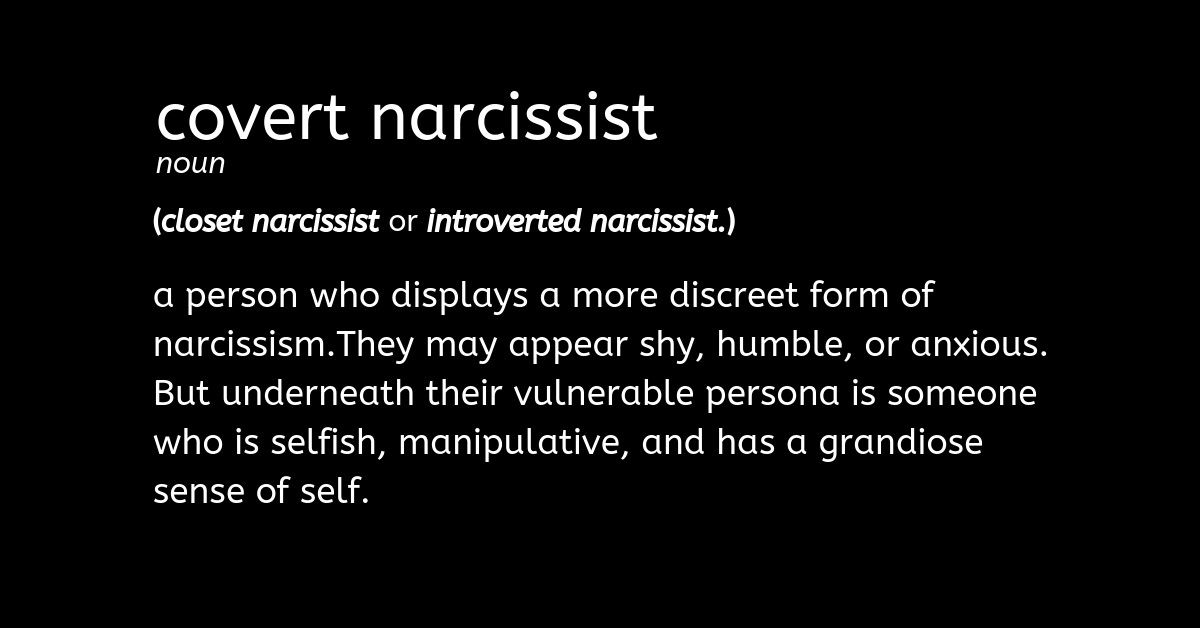 83-4
83-4 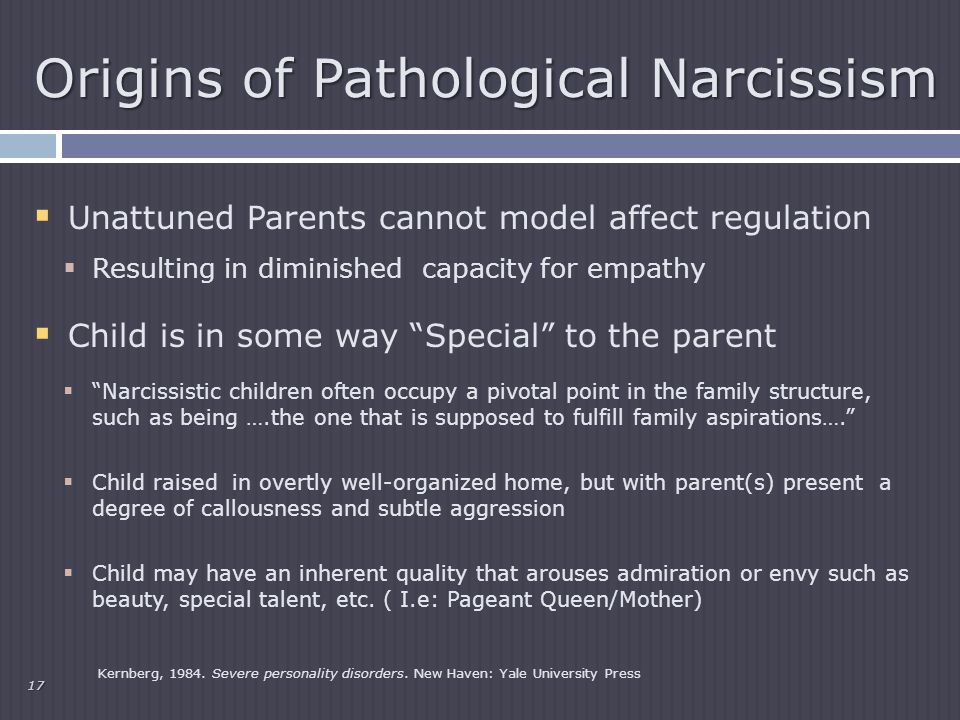 79 and pp. 75
79 and pp. 75 